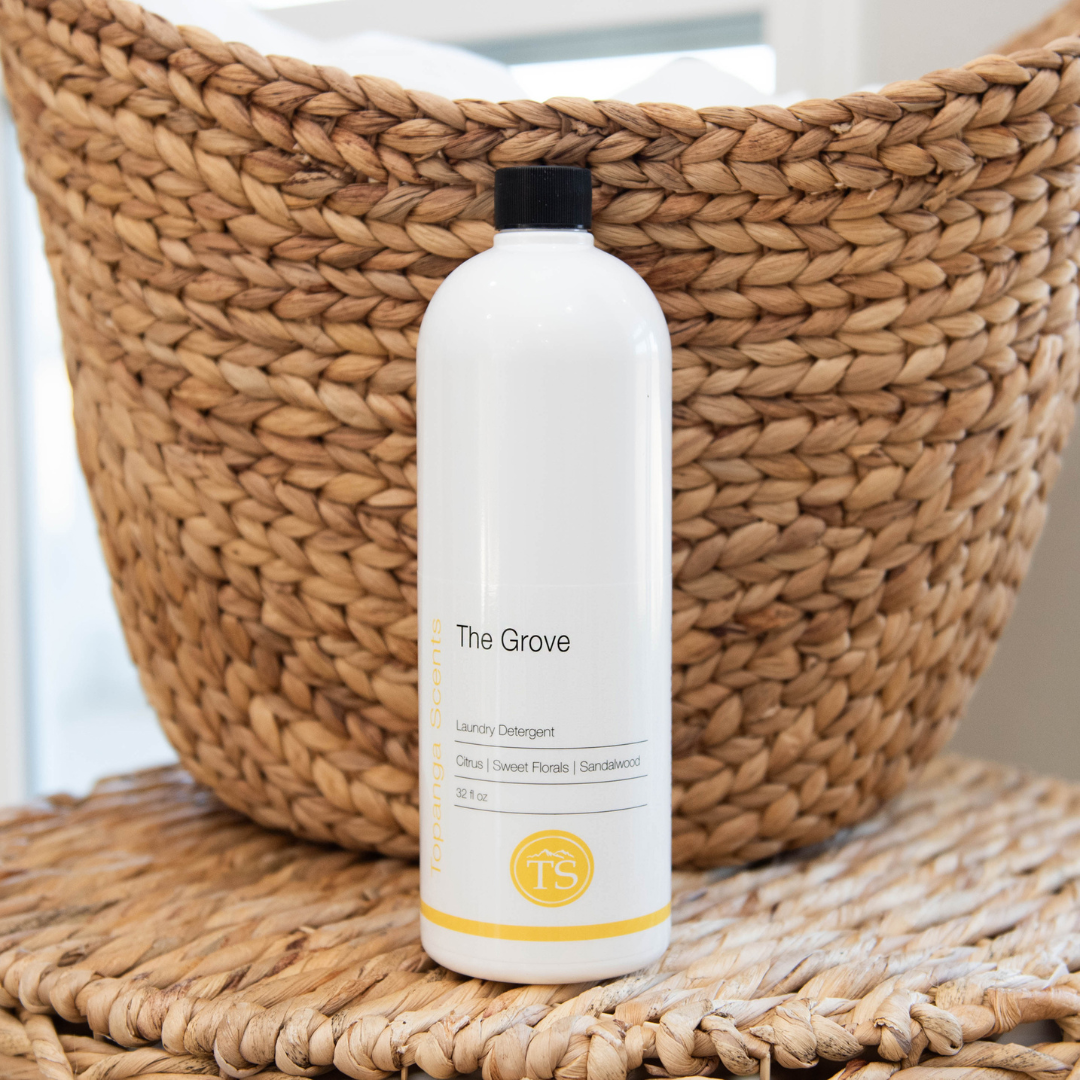
When it comes to laundry soap, you may not always know exactly what’s inside the bottle. Unfortunately, many household laundry detergents contain harmful chemicals that can affect your health, your skin, and even the environment. Understanding which chemicals to avoid is an essential step in making safer, more sustainable choices for your family and the planet.
In this blog, we’ll explore the most common laundry soap chemicals that you should steer clear of, and why doing so can lead to a healthier, happier home.
1. Optical Brighteners
Optical brighteners are chemicals used in laundry detergents to make clothes appear whiter and brighter. They work by absorbing ultraviolet light and re-emitting it as visible blue light, giving fabrics an artificial, "clean" look. While they may make clothes seem brighter, optical brighteners don’t actually clean or whiten the fabric. Worse, they can cause skin irritation and may even lead to allergic reactions, especially in those with sensitive skin. Additionally, optical brighteners don’t biodegrade well and can end up in our water systems, contributing to environmental pollution.
2. Phthalates
Phthalates are a group of chemicals used to make plastic more flexible, but they’re also commonly found in laundry detergents. These chemicals are often used in fragrances to help the scent last longer. However, phthalates have been linked to hormone disruption, reproductive issues, and a range of other health problems. They can also accumulate in the body over time, making their effects even more concerning. To protect your health, always opt for fragrance-free or naturally-scented detergents that do not contain phthalates.
3. Animal-Based Surfactants
Surfactants are the ingredients responsible for helping detergents clean fabrics by lowering the surface tension of water. Some laundry detergents use animal-based surfactants, which are derived from animal fats. These surfactants are not only less sustainable but can also be harsh on your skin and the environment. Choosing plant-based or vegan alternatives is a cruelty-free way to care for your laundry and ensure your detergent is kind to both animals and the planet.
4. 1,4-Dioxane
1,4-Dioxane is a byproduct of certain chemicals used in detergents, including ethoxylated surfactants. This chemical is classified as a possible human carcinogen and is known to be harmful if ingested or absorbed through the skin. It can also persist in the environment, contributing to water pollution. While manufacturers are not required to list 1,4-dioxane on product labels, you can avoid it by looking for detergents that are certified as free from this toxic chemical.
5. Dyes
The vibrant colors of laundry soaps may be eye-catching, but those dyes are often unnecessary and can be harmful. Many synthetic dyes are derived from petroleum-based products and can irritate the skin, especially for individuals with sensitivities or allergies. Additionally, these dyes don’t break down easily in the environment, which can result in pollution when the detergent enters the water system. Look for dye-free detergents to keep both your skin and the environment safe.
6. Testing on Animals
While it may seem like a no-brainer to avoid animal-tested products, it's still a common practice among some laundry detergent brands. Animal testing can cause unnecessary harm to animals, and there’s no need for it when safer, cruelty-free alternatives exist. Always choose brands that are certified cruelty-free to support ethical and humane practices.
7. Parabens
Parabens are preservatives used in some laundry detergents to extend their shelf life. However, parabens are endocrine disruptors and can mimic estrogen in the body, potentially leading to hormonal imbalances. They’ve been linked to various health issues, including reproductive problems, cancer, and developmental issues in children. Look for detergents that are paraben-free to minimize your exposure to these harmful chemicals.
8. Preservatives
In addition to parabens, there are other preservatives used in laundry detergents to prevent microbial growth and spoilage. While preservatives are essential for maintaining product integrity, some can irritate the skin or cause allergic reactions. Opting for a detergent with natural or minimal preservatives is the best way to keep your laundry products safe and effective without the added chemicals.
How to Choose Safer Laundry Detergents
To make the best choices for your health, skin, and the environment, look for laundry detergents that are free from harmful chemicals. Choose products with natural ingredients and environmentally friendly packaging. Always check the label for transparency and certifications such as cruelty-free, vegan, and eco-friendly to ensure the detergent is safe for both you and the planet.
When in doubt, a little research goes a long way. With safer, more natural alternatives available, you don’t have to compromise on performance or freshness while avoiding harmful chemicals.
